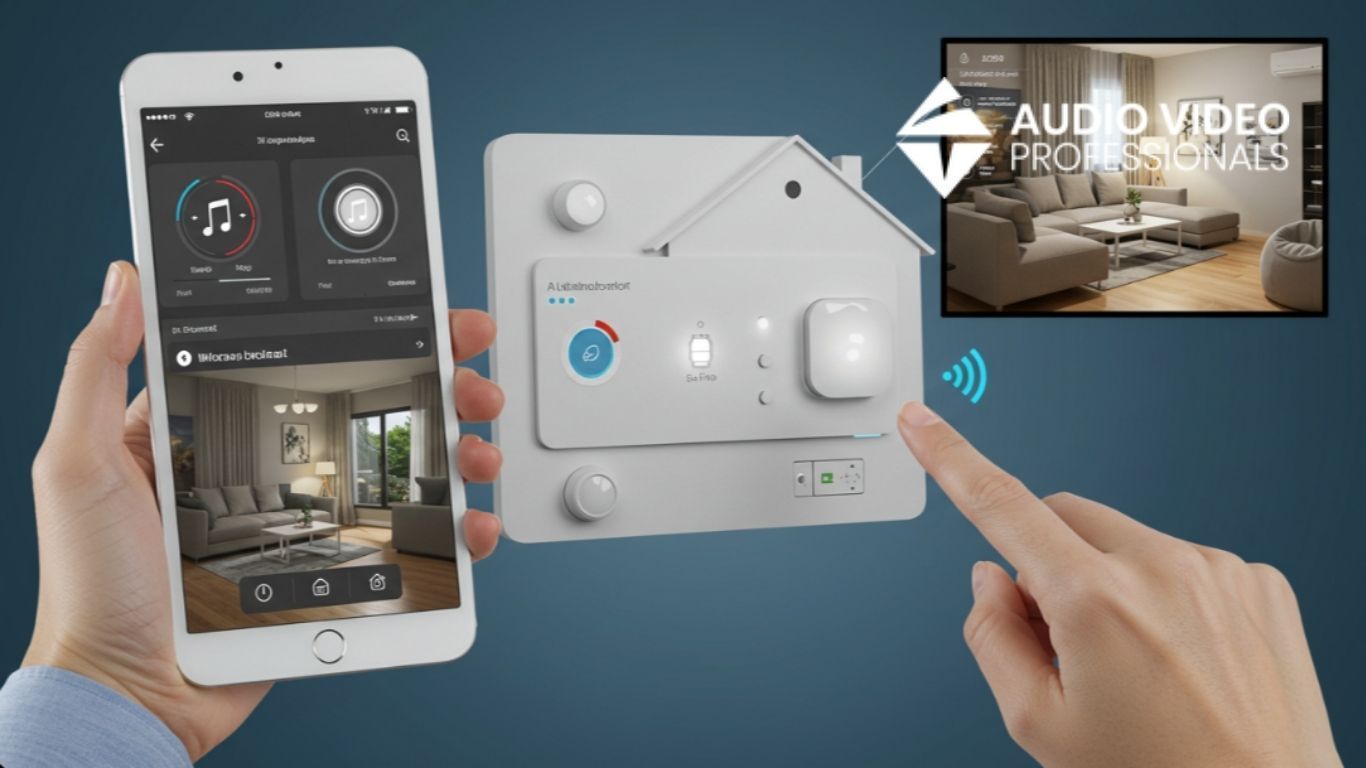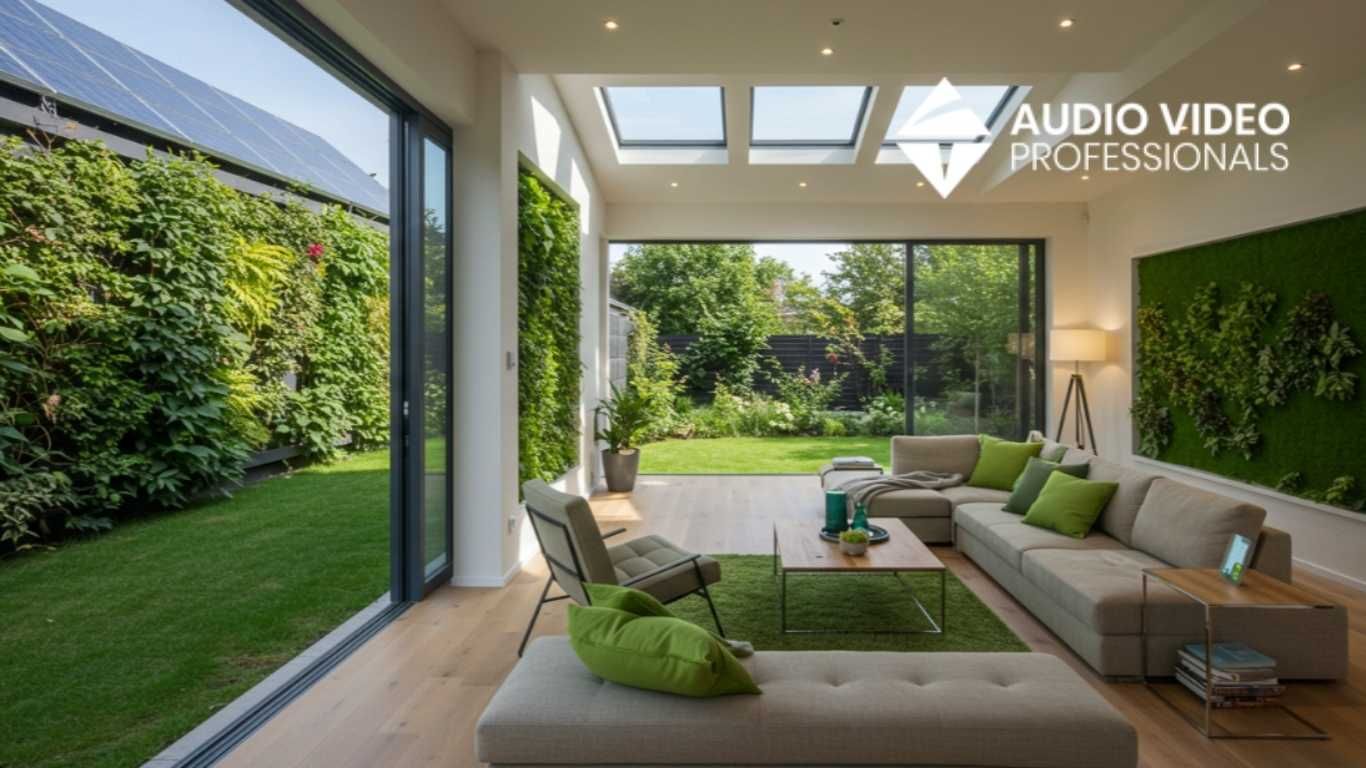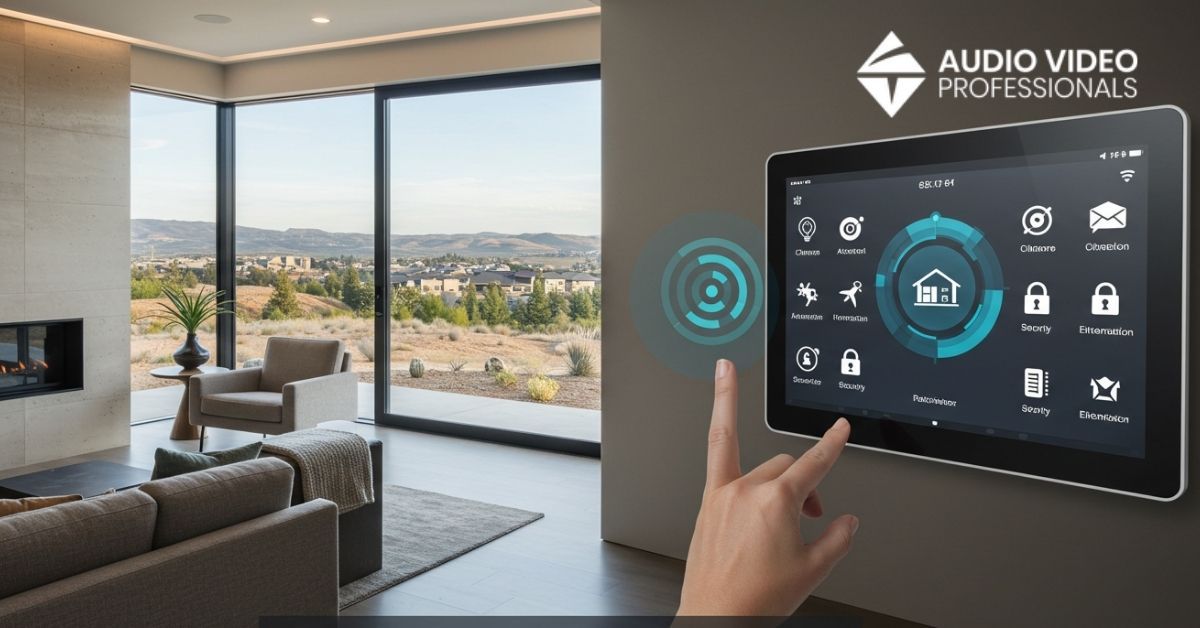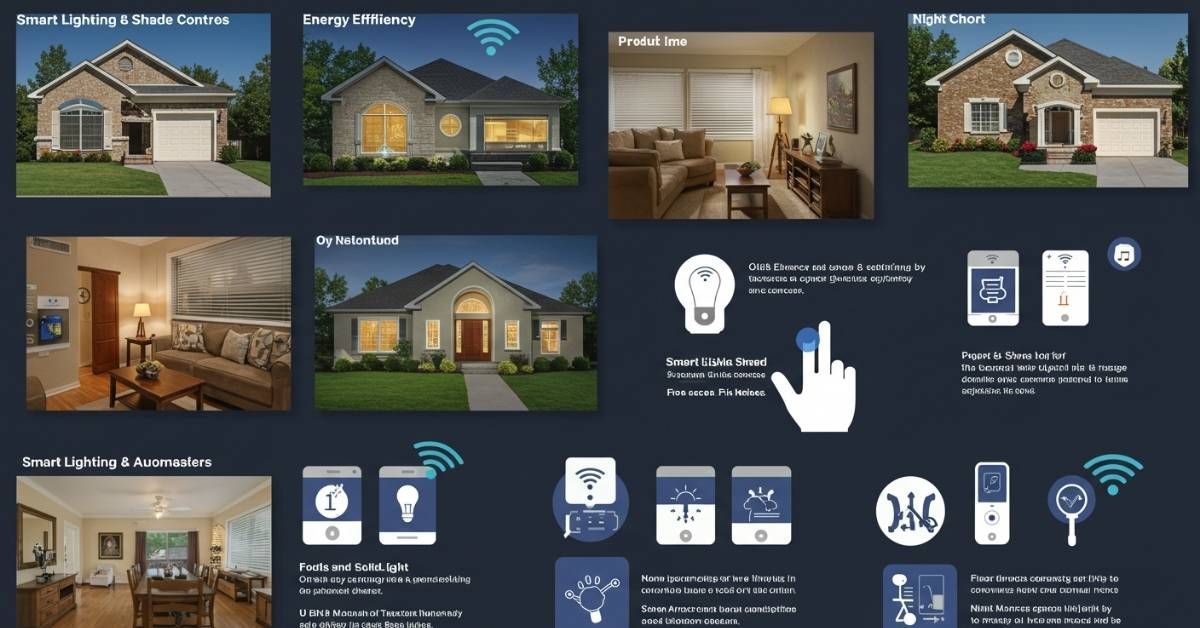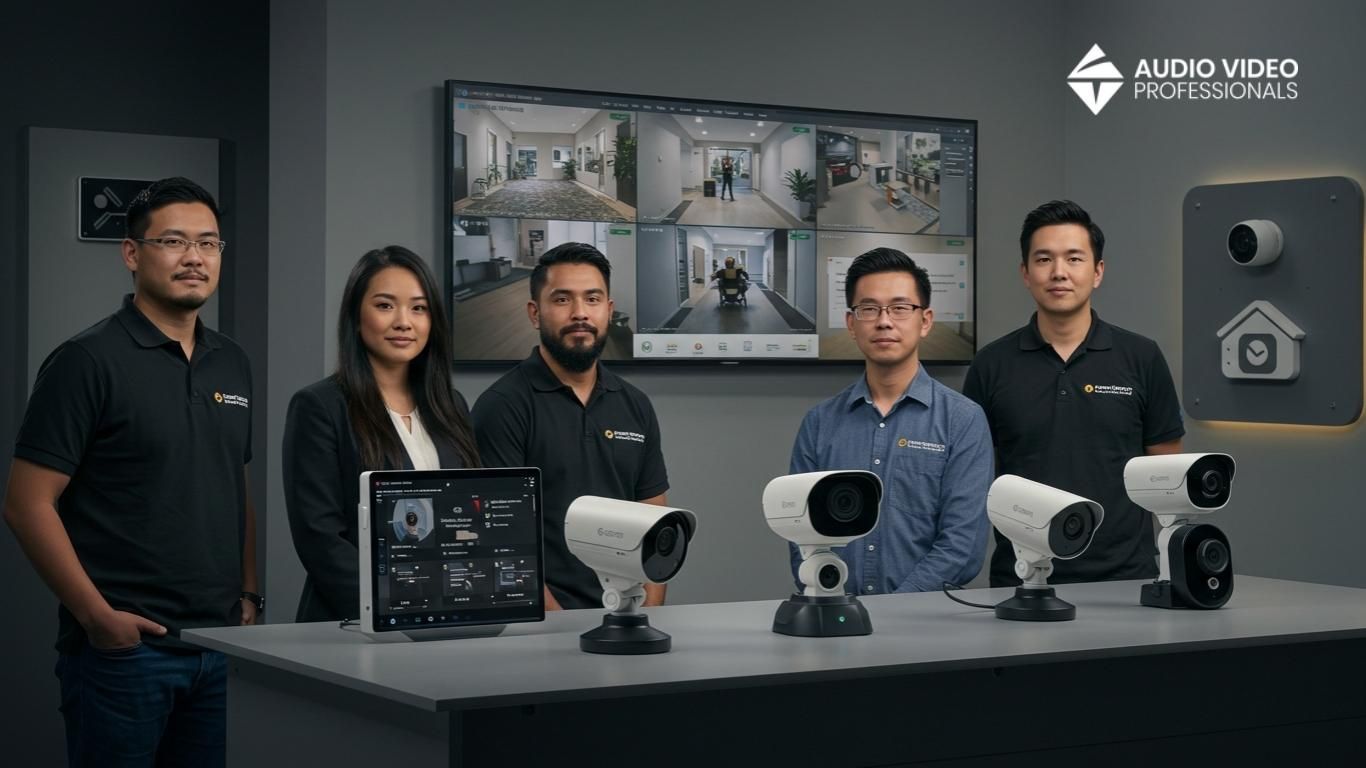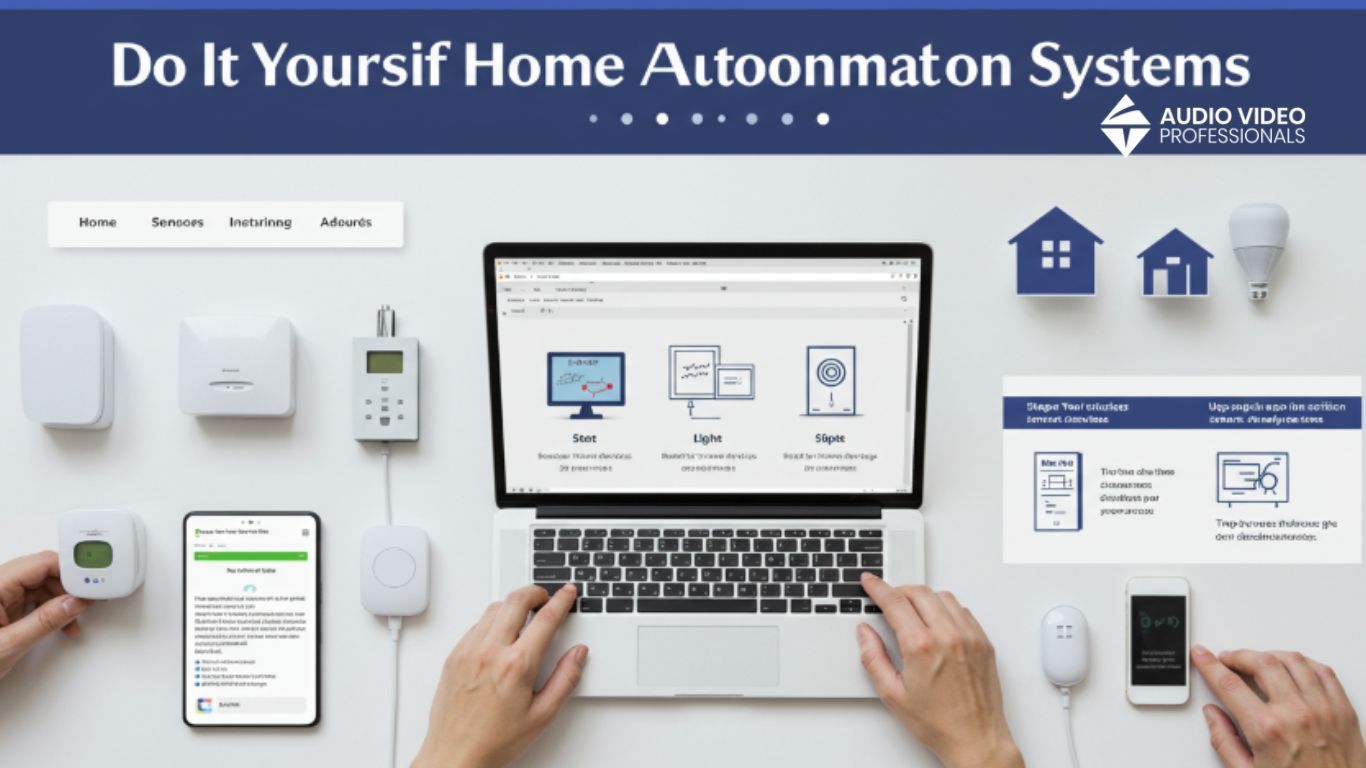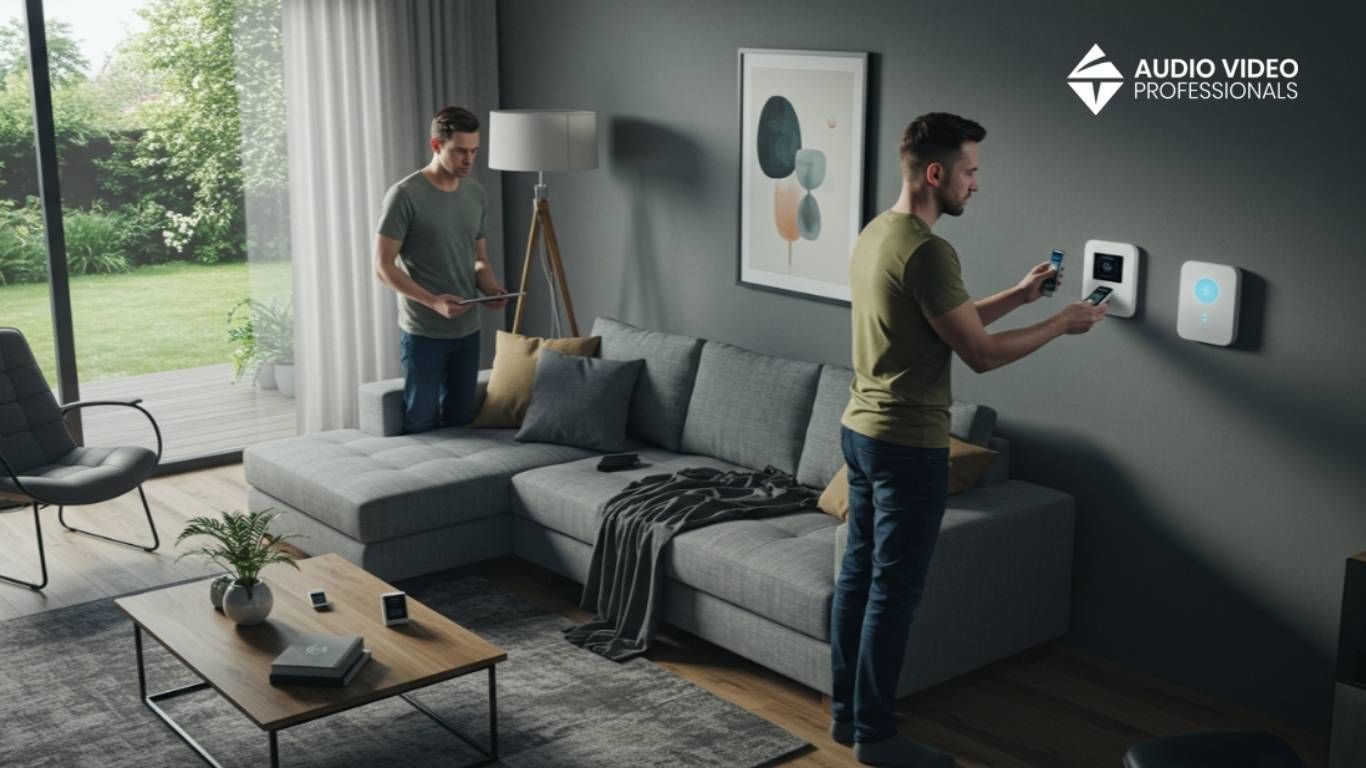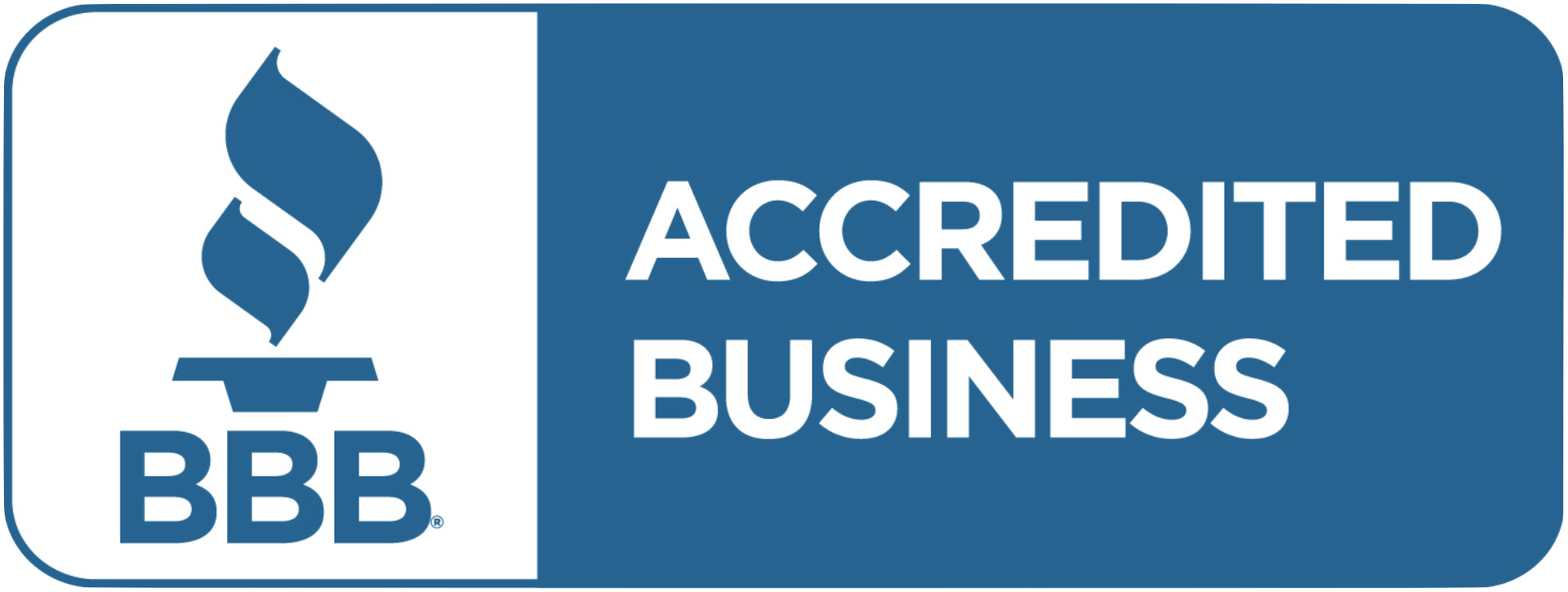How to Start a Home Automation Business
In today's tech-driven world, home automation has become increasingly popular. If you're passionate about smart home technology and have an entrepreneurial spirit, starting a home automation business could be your perfect career path. This comprehensive guide will walk you through the essential steps to launch and grow your home automation venture.
Understanding the Home Automation Industry
The home automation market is not just booming, it's on a trajectory of unprecedented growth. With smart home technology becoming more accessible and desirable for homeowners, the possibilities are vast and the potential for your business is limitless.
Key trends in home automation include:
- Integration of AI and machine learning
- Increased focus on energy efficiency
- Enhanced security and surveillance solutions
- Voice control and natural language processing
- IoT (Internet of Things) connectivity
As a home automation business owner, you'll have the opportunity to offer various services, including:
- Smart home system design and installation
- Home theater and audio-video integration
- Lighting control and automated shades
- Security and access control systems
- Networking and Wi-Fi solutions
Develop Your Business Plan
A robust business plan is not just a formality, but a crucial tool for steering your home automation venture towards success. Start by conducting thorough market research to understand your target audience and competition.
Key components of your business plan should include:
- Executive summary
- Company description
- Market analysis
- Organization and management
- Service offerings
- Marketing and sales strategy
- Financial projections
Consider your unique selling proposition (USP) as the cornerstone of your business strategy. This is how you'll stand out in the crowded home automation market. For example,
Audio Video Professionals in Boise, Idaho, differentiates itself by offering comprehensive smart home solutions with a focus on high-end brands like Crestron and Lutron.
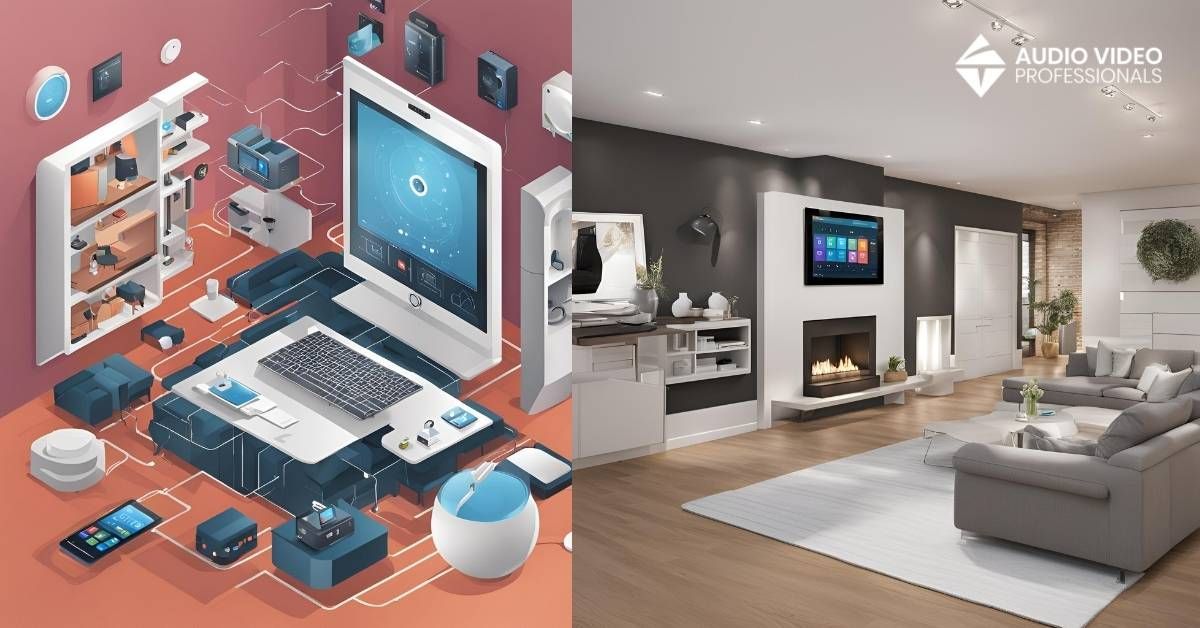
Legal Requirements and Licensing
Before launching your business, ensure you've met all legal requirements:
- Register your business entity (LLC, corporation, etc.)
- Obtain necessary business licenses and permits.
- Secure liability insurance
- Familiarize yourself with local building codes and regulations.
Some states may require specific licenses for low-voltage electrical work or security system installation. Research your local requirements and obtain any necessary certifications.
Build Your Skill Set
Success in the home automation industry requires a combination of technical expertise and business acumen. Focus on developing these essential skills:
Technical skills:
- Networking and Wi-Fi configuration
- Audio-video system installation
- Lighting control programming
- Security system setup
- Home automation software platforms (e.g., Crestron, Control4)
Business skills:
- Project management
- Customer service
- Sales and marketing
- Financial management
Stay up-to-date with industry advancements by attending trade shows, participating in manufacturer training programs, and earning relevant certifications.
Choose Your Service Offerings
Decide which home automation services you'll offer based on your skills, target market, and available resources. Consider starting with a core set of services and expanding as your business grows.
Popular home automation services include:
- Smart home system design and installation
- Home theater setup
- Lighting and shade control
- Security and surveillance systems
- Whole-home audio solutions
- Network setup and optimization
- Energy management systems
Audio Video Professionals, for example, offers a comprehensive range of services, including audio-video installation, home automation, lighting control, and security systems.
Invest in Essential Equipment and Tools
To provide top-notch home automation services, you'll need to invest in quality equipment and tools. Some essential items include:
- Diagnostic tools (multimeters, network testers)
- Wire strippers and crimpers
- Drill and mounting hardware
- Ladders and safety equipment
- Laptop with necessary software
- Reliable vehicle for transportation
As your business grows, consider investing in demo equipment to showcase your services to potential clients.
Establish Partnerships and Supplier Relationships
Building strong relationships with manufacturers, distributors, and complementary service providers is crucial for your business's success. Research reputable brands in the home automation industry and become an authorized dealer or installer.
Some top brands to consider partnering with include:
- Crestron
- Lutron
- Control4
- Savant
- Sonos
- Nest
Networking with local builders, interior designers, and electricians can also help you generate leads and expand your business.
Create Your Brand and Marketing Strategy
Developing a strong brand identity and effective marketing strategy is essential for attracting clients and growing your business.
Key elements of your branding and marketing efforts should include:
- Professional logo and website
- Social media presence
- Content marketing (blog posts, videos, case studies)
- Local SEO optimization
- Referral programs
- Targeted online advertising
Showcase your expertise by creating informative content about home automation trends, benefits, and best practices. This will help establish your business as a trusted authority in the industry.
Pricing Your Services
Determining the right pricing strategy for your home automation services is crucial for profitability and competitiveness. Consider factors such as:
- Equipment and labor costs
- Overhead expenses
- Competitor pricing
- Target market's budget
- Value-added services
Offer tiered pricing options to cater to different client needs and budgets. For example, you might provide basic, mid-range, and premium packages for
smart home installations.
Customer Service and Support
Exceptional customer service is key to building a positive reputation and securing repeat business. Implement the following strategies to ensure client satisfaction:
- Provide clear communication throughout the project
- Offer thorough training on installed systems
- Develop a responsive support system for troubleshooting
- Follow up with clients after project completion
- Offer maintenance and upgrade services
Consider implementing a customer relationship management (CRM) system to track client interactions and streamline your support processes.
Scaling Your Business
As your home automation business grows, you'll need to consider strategies for scaling operations and expanding your service area.
Key steps for scaling your business include:
- Hiring and training skilled technicians
- Implementing efficient project management systems
- Expanding your service offerings
- Exploring new target markets or geographic areas
- Investing in marketing and lead generation
Consider offering ongoing maintenance contracts or remote monitoring services to create recurring revenue streams and strengthen client relationships.
Case Study: Audio Video Professionals
Audio Video Professionals, based in Boise, Idaho, serves as an excellent example of a successful home automation business. Since 2010, they've built a reputation for providing high-quality smart home solutions to clients in Boise, Eagle, Meridian, and surrounding areas.
Key factors contributing to their success include:
- Comprehensive service offerings (audio-video, home automation, lighting control, security)
- Partnerships with premium brands like Crestron and Lutron
- Focus on customer satisfaction and ongoing support
- Adaptation to emerging technologies and market trends
By following a similar approach and tailoring it to your local market, you can position your home automation business for long-term success.
Conclusion
Starting a home automation business requires careful planning, technical expertise, and a commitment to customer satisfaction. By following the steps outlined in this guide and continually adapting to industry trends, you can build a thriving business in this exciting and rapidly growing field.
Remember, in this dynamic field, the learning never stops. Stay passionate about the technology, prioritize ongoing learning, and always put your client's needs first. With dedication and the right approach, your home automation business can become a leader in creating innovative, connected homes for years to come.
FAQs about Starting a Home Automation Business
How much does it cost to start a home automation business?
Initial costs can vary widely, ranging from 10,000 to 50,000 or more, depending on factors such as equipment investments, licensing fees, and marketing expenses.
Do I need technical experience to start a home automation business?
While technical experience is beneficial, it's only sometimes necessary if you're willing to invest time in learning and potentially hiring experienced technicians.
How can I find my first clients?
Networking with local real estate agents, builders, and interior designers can help you find initial clients. Also, consider offering discounted services to friends and family for testimonials and portfolio building.
What certifications are valuable for a home automation business owner?
Certifications from organizations like CEDIA (Custom Electronic Design & Installation Association) and manufacturer-specific certifications (e.g., Crestron, Lutron) can enhance your credibility and expertise.
How can I stay competitive in the home automation industry?
Stay updated on the latest technologies, offer exceptional customer service, and continually expand your skills and service offerings to remain competitive in this fast-paced industry.

